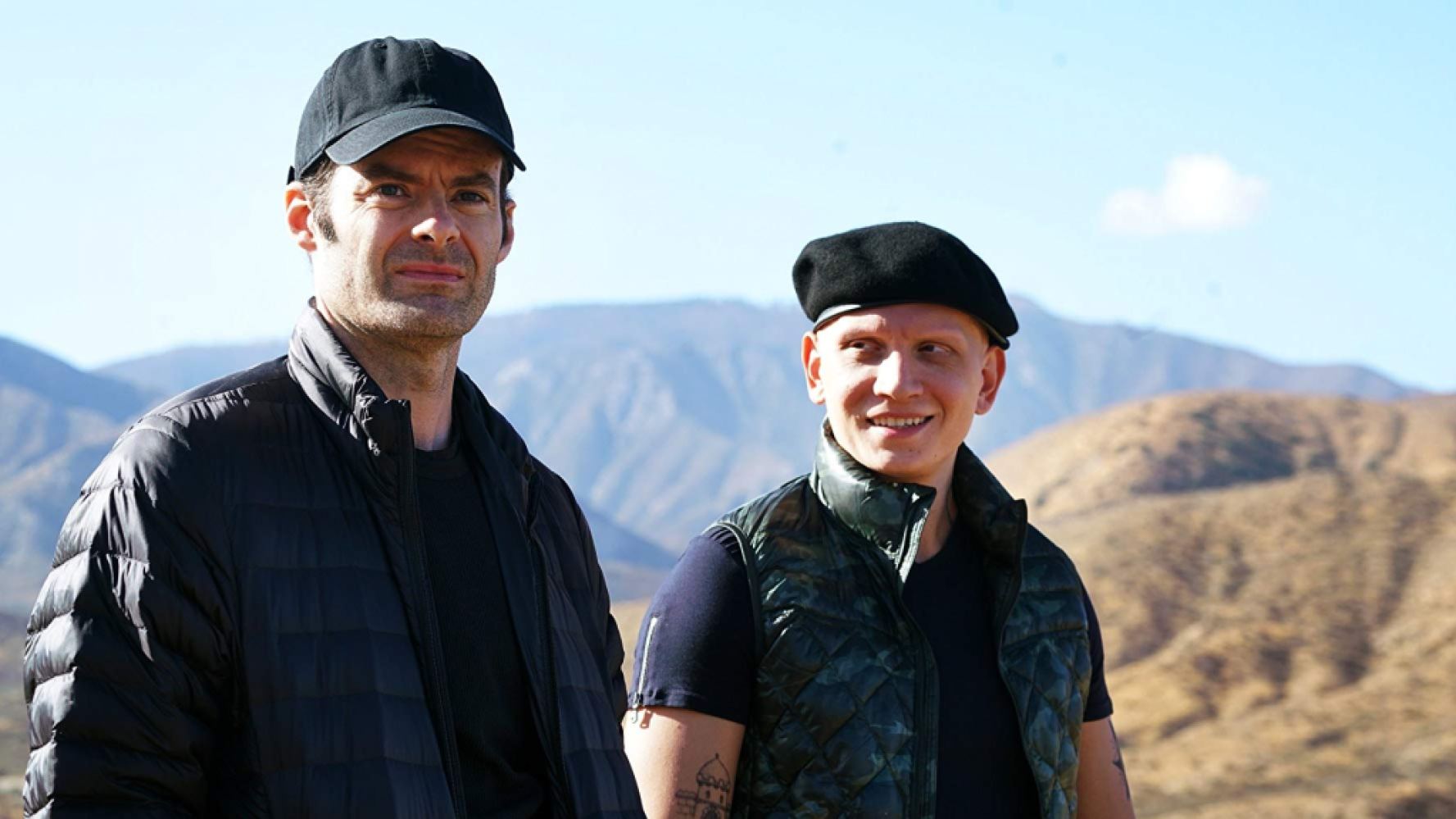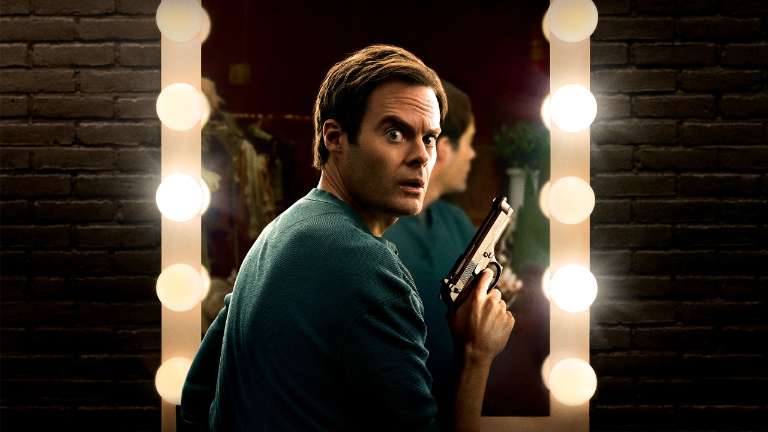The greatest fight sequence premiering on screens the first weekend of May didn’t have 20 superheroes in it or earn a billion dollars, nor did it pit a band of warriors against an army of the dead for an epic battle eight years in the making. It was two guys and a little girl clumsily, awkwardly swatting and tearing at each other, bloodied and out of breath, over the course of one well-lit 30-minute episode. It started in one guy’s house, continued in another guy’s car, and culminated at the grocery store. It’s funny; it’s violent. It’s heartfelt; it’s cruel. It’s Barry (cue title card and theme music).
The HBO series Barry, now in its second season, is so redundant in plot it’s become a running gag in the show itself. Barry Berkman (Bill Hader) is a professional hitman. But Barry doesn’t want to be a hitman anymore. After each person he kills, he vows never to kill again. Then someone draws him back in, and again he’s killing. So, he renews his vow. “Starting now!” he pledges.
Season 2 starts out more promising for Barry, if not in circumstances, then at least in willpower. He manages to avoid murdering anyone, despite being dragged into unending contracts to do exactly that. It’s almost a relief when the police finally catch up with him and the tiresome push-pull can come to an end. But, no — not quite.
Barry Trailer | Credit: HBO
The other side of Barry’s life has a similar circularity. Barry joins an acting class, hoping this newfound passion can move him past his career as a hired gun. If he can act like somebody else — the thinking goes — then maybe he can be somebody else. The problem is, in order to truly embody someone else’s pain and emotions, you need to be in full contact with your own. That’s what Barry’s acting teacher, Gene Cousineau (Henry Winkler), and Barry’s girlfriend, Sally Reed (Sarah Goldberg), tell him. Ignorant of his double life as an assassin, they are constantly coaching Barry to get in touch with his dark side. Meanwhile, that’s the very side he’s trying to leave behind.
The show may have a formula, but it has yet to feel stale. Beneath Barry’s now well-worn narrative tracks, each episode mines an impressive amount of depth and variety. Each contract killing comes replete with its own captivating dynamics, setting up sequences that are both psychologically grueling and physically gruesome. Likewise, Barry’s deepening seriousness for acting allows continuous opportunities for him to excavate objects of his personal history and repressed trauma, affording us evermore intimacy with his character.
But, by far, the most delightful variable in Barry’s tragicomic equation is Noho Hank (Anthony Carrigan), the effeminate, hairless, Chechen mob boss with a heart of gold. Hank’s gooey soft side makes gang warfare look like vying for the cool kids’ table in a high school cafeteria. It’s petty. It’s juvenile. It just happens to involve assault rifles and drug smuggling.

Barry’s most daring feat is achieving this precarious balance of humor and violence within such cramped quarters. Other shows, such as The Sopranos and Breaking Bad, have been able to harmonize these notes in the past, but they have benefited from complex multi-track narratives and longer episodes, giving them a more commodious berth for tonal variance. Barry accomplishes this versatility within a form more akin to a sitcom.
It keeps this unwieldy combination grounded by asking fundamental questions of the human condition that bridge the two sides of Barry’s life: “Can a person ever truly change?” “What is the real nature of evil?” The show’s interrogation into the roots of selfishness is especially fruitful. On this topic at least, you may be surprised to see how much career assassins and aspiring actors have in common. Or you may not.
Barry streams on HBO.





You must be logged in to post a comment.